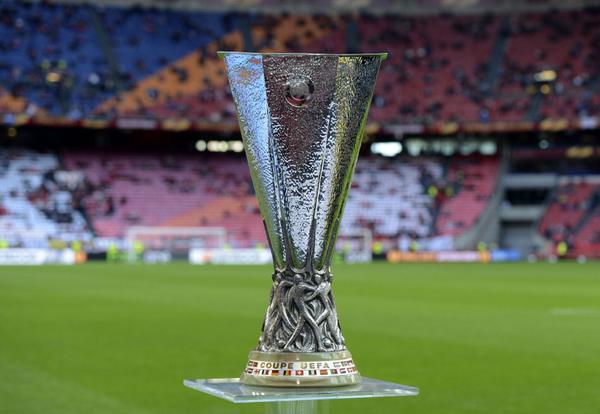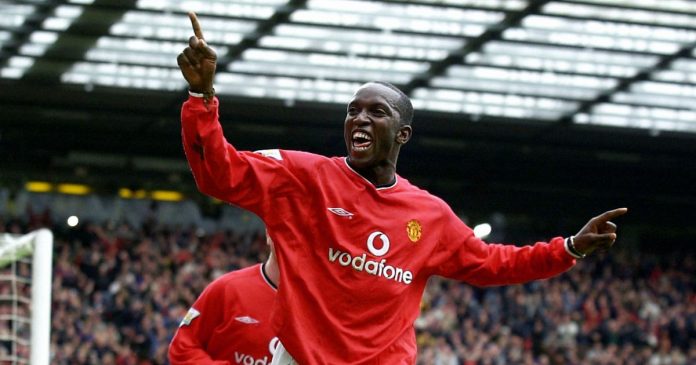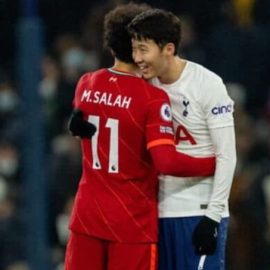Brendan Rodgers’ decision to rest players for Liverpool’s Europa League clash with Bordeaux is an all too familiar sign of the competition’s lack of prestige. More and more, managers are choosing to leave out key players in view of other more important matches on the horizon. But Rodgers, like others, can be forgiven for largely ignoring a competition that has never been held in high regard.
The issue is largely down to the awkward beefed up fixture list. If you had to begin the competition from match day 1 (which admittedly would only be the case for teams such as the runners up of the Welsh Premier League) there would be 23 matches including the final. Even from the group stage, the number is 15 (2 more than from the same stage in the Champions League, where most teams have the strength in depth to cope). The number of games would be fine if, like the Champions League, the teams involved were actually the best in Europe. But we are talking about clubs that might have finished 7th in the top leagues, and a cluster of other relatively unknown teams.
Unlike the Champions League, there is the notorious Sunday EL hangover, endured as a result of an awkward Thursday evening match schedule. For some reason (which must be psychological) this is far worse than playing on a Saturday after a Wednesday night game, something which often happens to Champions League clubs. Therefore, EL clubs such as Liverpool have to seriously consider the importance of the Sunday Premier League game, against their commitments on a Thursday in Europe.
The lack of money makes it even less popular, about a third of what is available for Champions League clubs. The matches don’t attract TV viewing figures, which in turn, has a knock on effect on the amount available. Whilst the Champions League is a banker for healthy viewing figures, Europa League matches do not have the same appeal.
So where does that leave the competition going forward? The issue of fixture congestion is only going to become more prevalent, and on that basis, Premier League clubs may continue to treat the competition of secondary importance in their season. It’s almost as though the Europa League is becoming the European equivalent of the League Cup. Although it’s exciting to see younger inexperienced players in these competitions, that was surely not part of the original plan.
Add Sportslens to your Google News Feed!







